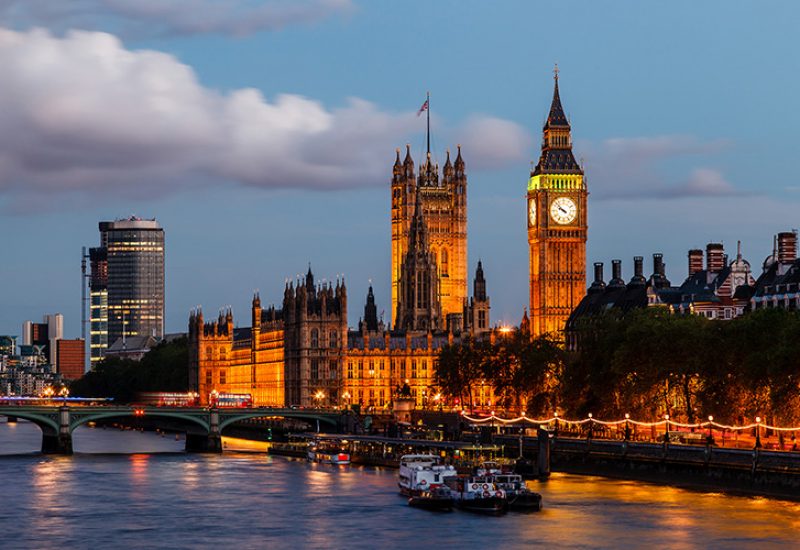- March 2, 2018
- 12:35 pm
- Constitutional Change
by Fiona De Londras, Professor of Global Legal Studies, Deputy Head of Birmingham Law School
The Irish Constitution can only be formally amended by referendum (Art. 46). Unlike in some jurisdictions, however, there is no formal mechanism for popular initiative: ultimately only the Oireachtas [Parliament] can propose a referendum, and the exact wording of the proposition put to the People ordinarily comes from the Attorney General. What the current developments in respect of the 8th Amendment and its potential repeal show, however, is that constitutional change in Ireland is not necessarily a technocratic, elite discourse: it can be, and in this case is being, driven by a social demand for change.


